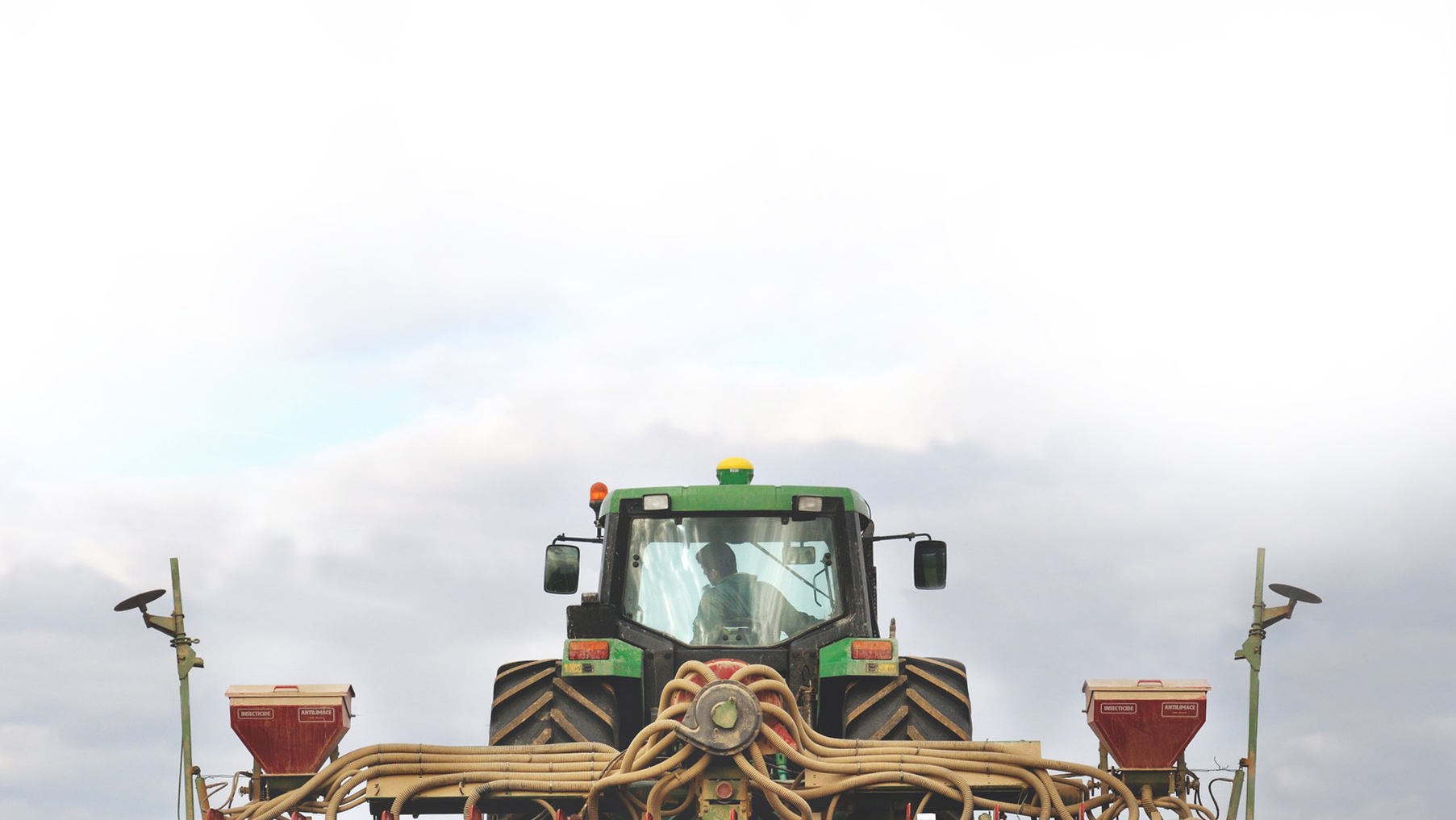Soiless Seeding – New technology
A company in Kenya is pioneering the planting of seeds without using soil by using an organic planting medium made from coconut husk, ridding the seeds off diseases, ensuring transplanting is done with all roots intact and guaranteeing a 90 per cent germination rate.
Traditionally, farmers have relied on soil to grow seeds, which they then either transplant to nurseries or other desired area as seedlings. But with the increase in diseases, farmers are not enjoying the germination rate they have intended. Germination rate ranges between 60 and 70 per cent in soil germination. Seeds germinating at this stage are also known to be at their most sensitive stage and can transfer diseases even to where they are replanted upon germination.
Farmers also grapple with maintaining the right soil fertility and soil PH, as different seedlings react differently to different soil acidity and alkalinity levels.
But the new model of growing the seeds without the soil is reversing the woes associated with the soil. The use of coco peats for example ensures that all the seeds grow in uniformity, and at the same time.
The coco peats which are some sort of growth enhancers and nutrient providers are placed in the germination trays along the seeds. “We needed a shift from using garden soil by itself to start our seedlings for various reasons. First the soil is not sterile, it tends to compact easily and does not drain well. A soilless medium like pre-washed and buffered coco peat, which is generally free from diseases, weed, and insects, provides the desired qualities for good germination. We have been using Cocoponics Pro plus that is readily available, easy to handle, lightweight, and produces uniform plant growth and over 90 per cent successful seedling germination”, said Mr. Michael Mbathi owner of Mavuno Foods Ltd.
Farmers start by filling about three quarters of the seedling tray with the preferred seeds. For every tray hole a seed is inserted, with the farmers then filling the rest of the hole with Cocoponics Pro coco peat but leaving space that allow for watering. The mixture is now then moistened with diluted water. Farmers are advised to keep the germinating tray away from direct heat and sunlight as the germinating seedlings are sensitive to too much heat.
After the seedlings germinate for two days the farmer is also advised to ensure the seedlings are constantly supplied with water and seedling raising foliar until they are ripe for transplanting. Caution should however be taken not to over water since this may hamper the rate of germination.
“The major disadvantage of raising your seedlings on the soil is that once they are ready for transplanting it is very difficult to completely uproot the seedling without damaging the root system by virtue of their natural entanglement on the garden soil, these results in transplanting of seedlings with 20 per cent of its root system intact. This is a major shock to the seedlings system as it relies on the root system to absorb water and nutrients, thus resulting to what agronomist refer to as severe transplant shock.” said Grace Kabeu a research executive at Cocoponics Africa Ltd.
The technology comes at a time when Kenya’s and by extension Sub Saharan African soils have recorded worst yields since records began, in what is attributed to their being over exploited. The over exploitation has come in the form of nutrient mining, soil erosion and over application of conventional pesticides making them more acidic.


